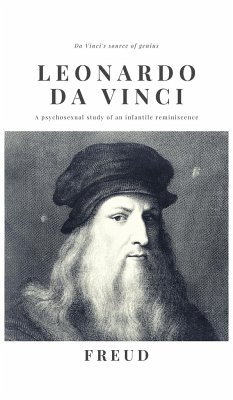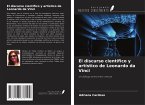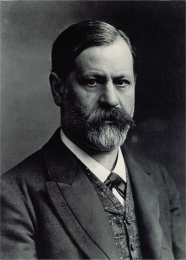Da Vinci's source of genius - Sigmund Freud examined Leonardo da Vinci. Sigmund Freud was the first to apply psychoanalysis to art. He choose for his subject the life and work of Leonardo da Vinci. Making bold claims about Leonardo's sexuality, personality and the way works of art relate to real life, his essay on this Renaissance genius is fascinating."When psychoanalytic investigation, which usually contents itself with frail human material, approaches the great personages of humanity, it is not impelled to it by motives which are often attributed to it by laymen. It does not strive "to blacken the radiant and to drag the sublime into the mire"; it finds no satisfaction in diminishing the distance between the perfection of the great and the inadequacy of the ordinary objects. But it cannot help finding that everything is worthy of understanding that can be perceived through those prototypes, and it also believes that none is so big as to be ashamed of being subject to the laws which control the normal and morbid actions with the same strictness."
Bitte wählen Sie Ihr Anliegen aus.
Rechnungen
Retourenschein anfordern
Bestellstatus
Storno










